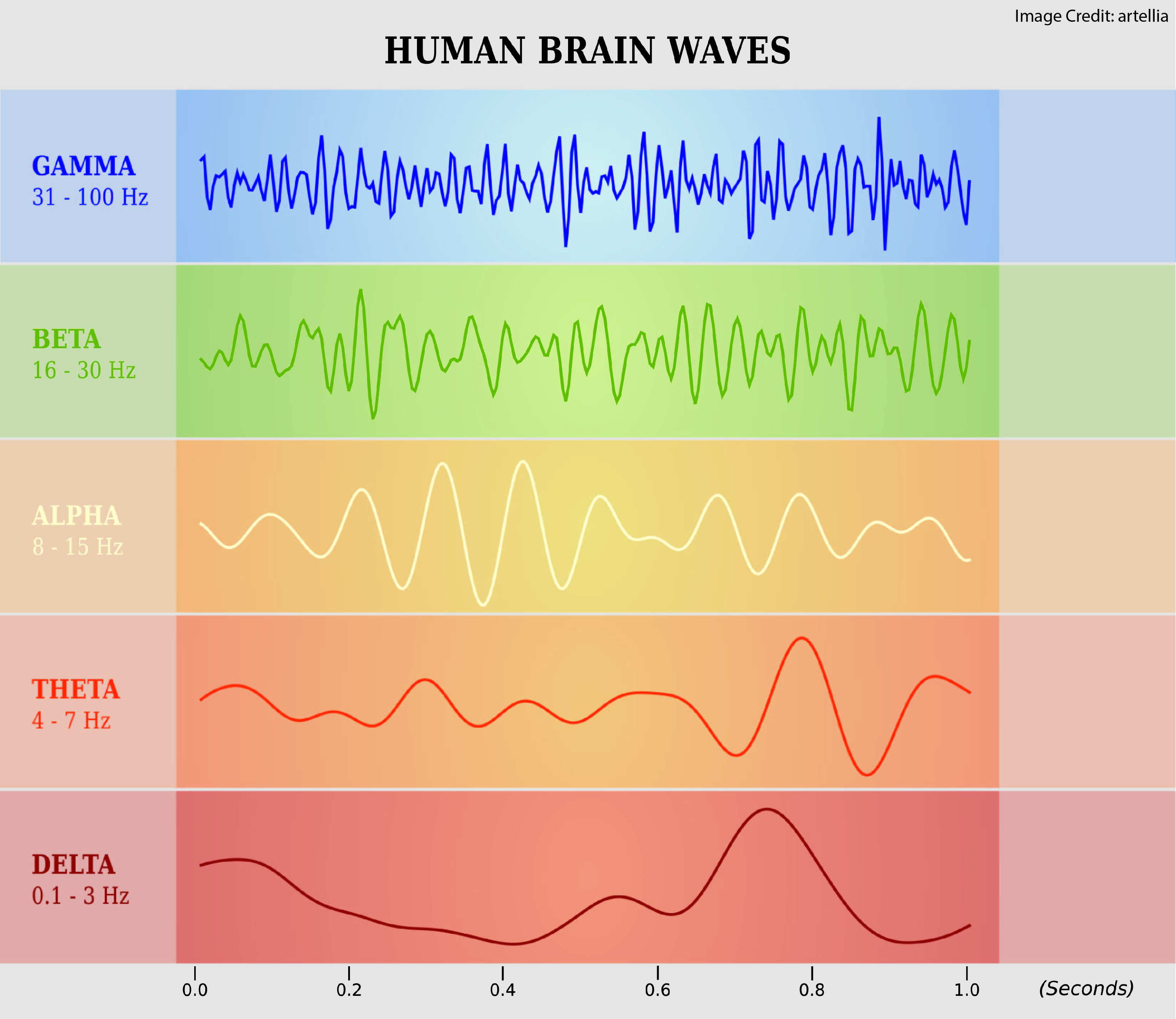Tags
ADHD adolescence attention book review boundary conditions classroom advice conference speakers constructivism/direct instruction creativity desirable difficulty development dual coding education elementary school embodied cognition emotion evolution executive function exercise experts and novices gender high school homework intelligence long-term memory math methodology middle school mindfulness Mindset motivation neuromyths neuroscience online learning parents psychology reading retrieval practice self-control skepticism sleep STEM stress technology working memoryRecent Comments
- I Am a Doctrinaire Extremist; S/he Is a Thoughtful Moderate |Education & Teacher Conferences on Which Is Better: “Desirable Difficulty” or “Productive Struggle”?
- "Writing By Hand Fosters Neural Connections..." |Education & Teacher Conferences on Handwritten Notes or Laptop Notes: A Skeptic Converted?
- Weather Forecasting and Cognitive Science |Education & Teacher Conferences on The Jigsaw Advantage: Should Students Puzzle It Out?
- Weather Forecasting and Cognitive Science |Education & Teacher Conferences on A Beacon in the Mindset Wilderness
- Helen R on The Dangers of “The Big Ask”: In Defense of Stubborn...
ABOUT THE BLOG
Monthly Archives: December 2017
![AdobeStock_124990522 [Converted]_Credit](https://www.learningandthebrain.com/blog/wp-content/uploads/2017/12/AdobeStock_124990522-Converted_Credit.jpg)
Bilingual Preschoolers and Self-Control
If you can speak two or more languages, you’re likely to have some real advantages…

Beyond Mere “Memory”
Newcomers to the field of psychology and neuroscience often want to learn as much as…

Autonomy and Motivation
Self-determination theory, developed by Edward Deci & Richard Ryan, argues that people are motivated by…
Brain Training and Dementia
When you see claims for an exciting new brain training finding (the headline crows “Dementia…
